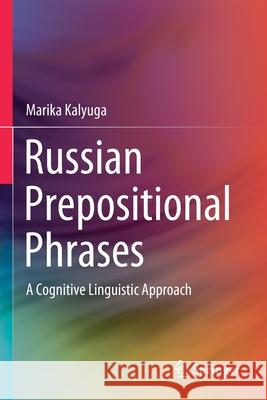Russian Prepositional Phrases: A Cognitive Linguistic Approach » książka
topmenu
Russian Prepositional Phrases: A Cognitive Linguistic Approach
ISBN-13: 9789811552182 / Angielski / Miękka / 2021 / 313 str.
Russian Prepositional Phrases: A Cognitive Linguistic Approach
ISBN-13: 9789811552182 / Angielski / Miękka / 2021 / 313 str.
cena 401,58
(netto: 382,46 VAT: 5%)
Najniższa cena z 30 dni: 385,52
(netto: 382,46 VAT: 5%)
Najniższa cena z 30 dni: 385,52
Termin realizacji zamówienia:
ok. 22 dni roboczych.
ok. 22 dni roboczych.
Darmowa dostawa!
Kategorie:
Kategorie BISAC:
Wydawca:
Springer
Język:
Angielski
ISBN-13:
9789811552182
Rok wydania:
2021
Wydanie:
2020
Ilość stron:
313
Waga:
0.45 kg
Wymiary:
23.39 x 15.6 x 1.73
Oprawa:
Miękka
Wolumenów:
01
Dodatkowe informacje:
Wydanie ilustrowane











